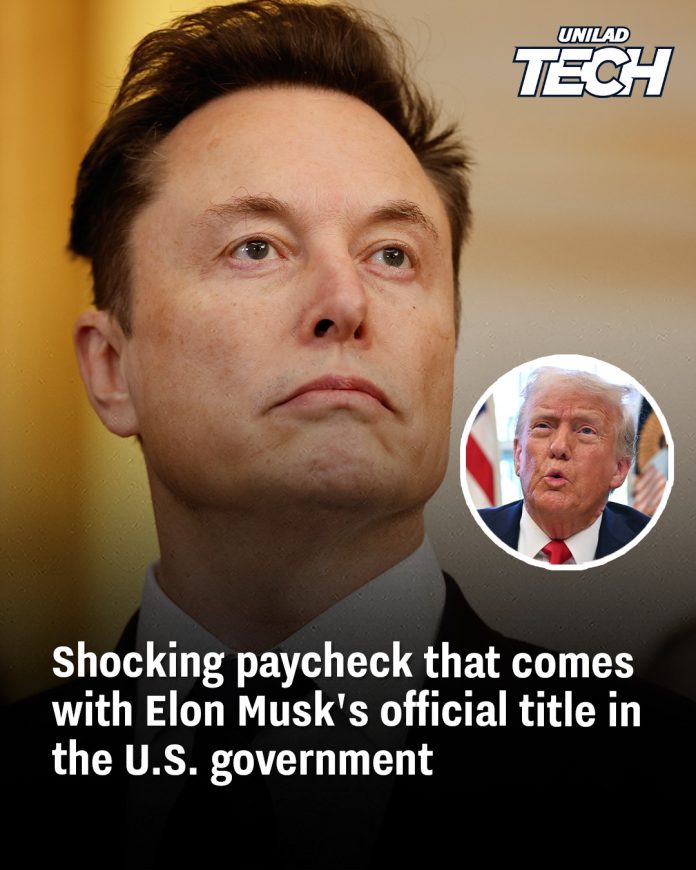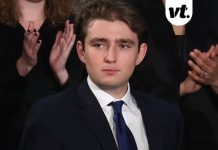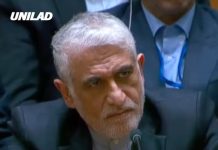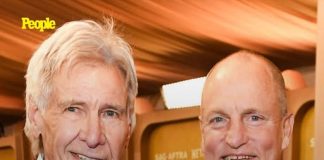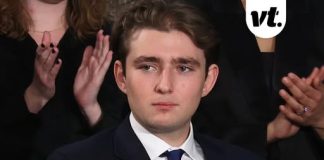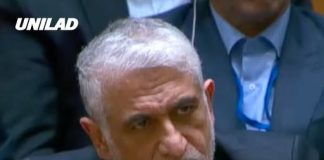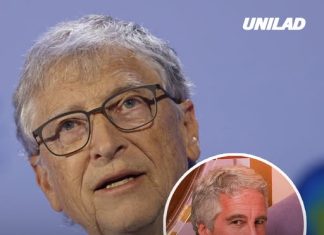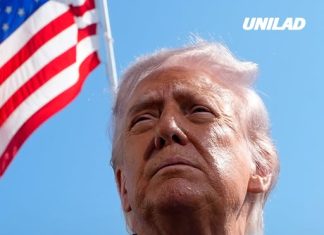Elon Musk, renowned for his leadership roles at Tesla and SpaceX, and as the owner of the social media platform X, has recently undertaken a significant position within the United States government. President Donald Trump appointed Musk to lead the newly established Department of Government Efficiency (DOGE), an initiative aimed at reducing federal spending by $2 trillion. This ambitious goal underscores the administration’s commitment to fiscal responsibility and streamlining governmental operations.
Interestingly, Musk’s involvement in this governmental role comes without financial compensation. As reported by UNILAD Tech, Musk serves as a “special government employee,” a designation that does not include a salary. Despite the unpaid nature of this position, Musk has been granted “top secret” security clearance, providing him access to sensitive information pertinent to his duties within DOGE.
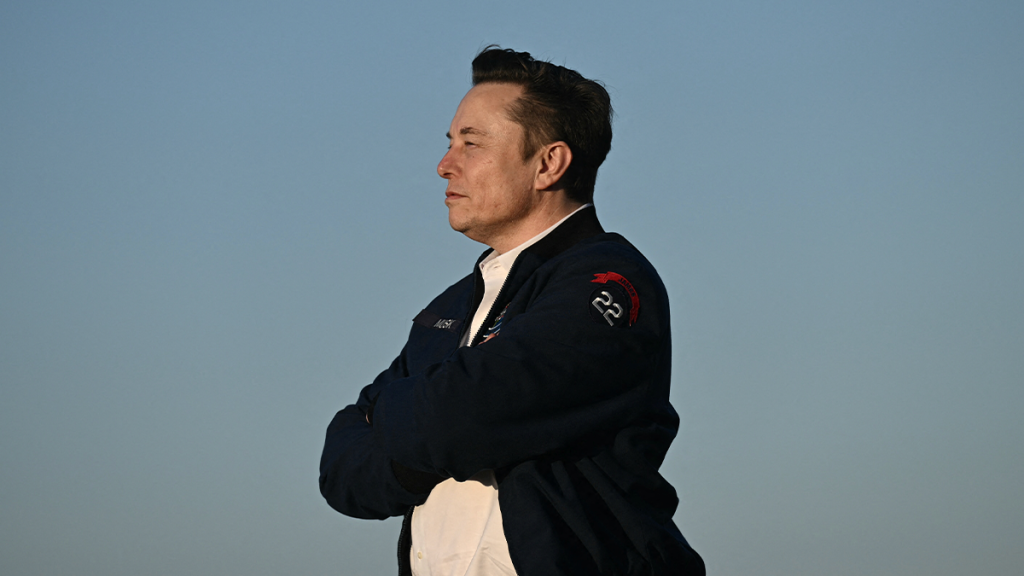
Musk’s appointment has sparked discussions regarding potential conflicts of interest, particularly given that his company, SpaceX, has received substantial federal funding in the past. Concerns have been raised about the extent of his influence and the access his team has to critical government systems. For instance, President Trump confirmed that Musk’s team has been granted access to the Treasury Department’s critical payment system, stating, “Elon can’t do and won’t do anything without our approval. And we’ll give him the approval where appropriate. Where not appropriate, we won’t.”
The formation of DOGE and Musk’s leadership have led to significant actions aimed at reducing government expenditures. Reports indicate that Musk has initiated substantial staff reductions across various federal agencies, including the United States Agency for International Development (USAID) and the Consumer Financial Protection Bureau. These measures have been framed as efforts to eliminate waste and fraud within the government. Musk has asserted that these cuts are minimal, stating that “almost no one has gotten fired,” and emphasizing that the reductions are primarily achieved through buyouts rather than direct terminations.
Despite these cost-cutting initiatives, there has been public backlash. Protests have erupted at Tesla dealerships worldwide, with demonstrators expressing discontent over Musk’s role in the government and the perceived impact of his actions on democracy and public services. These protests have been particularly prominent in cities like Washington, Chicago, Seattle, and San Francisco, with participants urging boycotts of Tesla products and expressing concerns over Musk’s growing influence.
Musk’s approach to governmental efficiency mirrors strategies he has employed in his private enterprises, emphasizing rapid innovation and a willingness to disrupt existing systems. This methodology, characterized by the mantra “move fast and break things,” has led to both praise for fostering innovation and criticism for potential oversights and regulatory challenges. Applying such an approach within the public sector has raised questions about its feasibility and the potential consequences for essential government functions.
In addition to structural changes, Musk has proposed technological reforms aimed at modernizing government operations. He envisions creating an “Apple Store-like experience” for government services, suggesting a focus on user-friendly interfaces and streamlined processes. However, these proposals have been met with skepticism, particularly regarding their implementation and the potential displacement of existing systems and personnel.
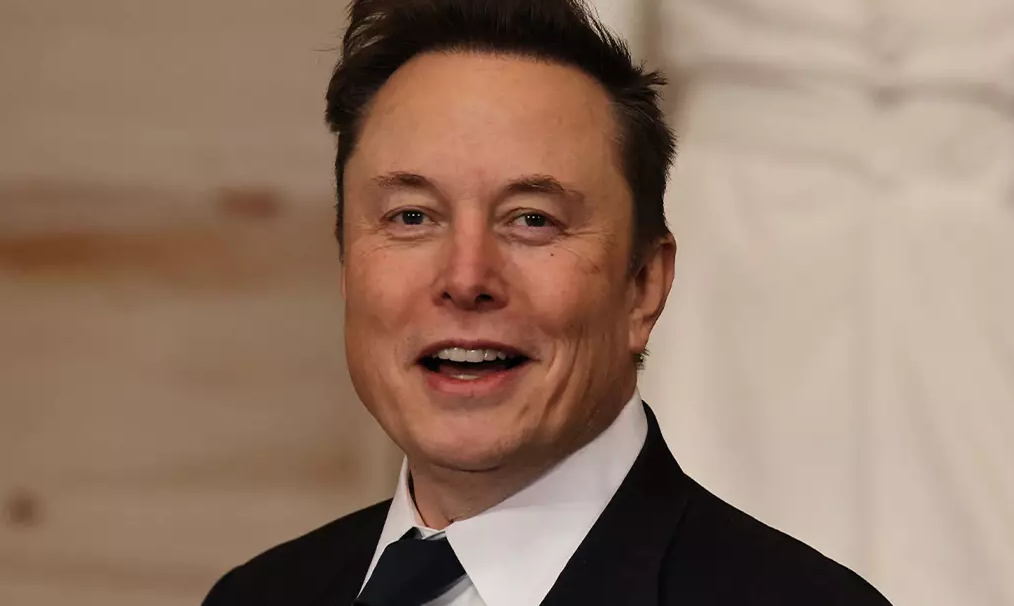
Legal challenges have also emerged in response to DOGE’s actions. Lawsuits allege misconduct and question the legality of certain measures implemented under Musk’s direction. For example, a judge ruled that Musk’s attempt to dismantle USAID likely violated terms set out in the U.S. Constitution, leading to orders to reinstate access to affected employees.
Despite these controversies, Musk remains steadfast in his belief that significant reductions in federal spending are achievable without compromising core services. He has expressed confidence in reaching the $1 trillion reduction target within a 130-day timeframe, emphasizing that legitimate beneficiaries of programs like Social Security will receive more support, not less.
In conclusion, Elon Musk’s unpaid role as head of the Department of Government Efficiency represents a bold endeavor to apply private-sector principles to public administration. While his initiatives have garnered both support and criticism, they undeniably signal a transformative period in the approach to government spending and efficiency. The outcomes of these efforts will likely have lasting implications for the structure and function of federal agencies in the United States.

